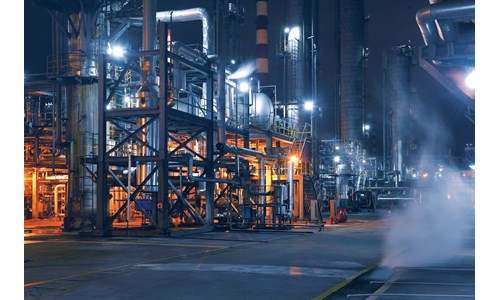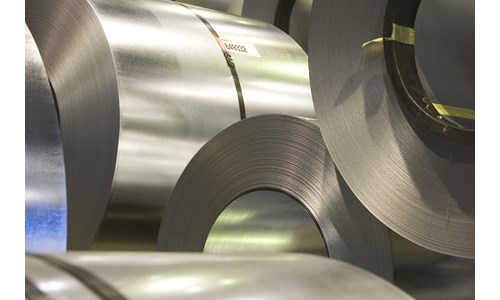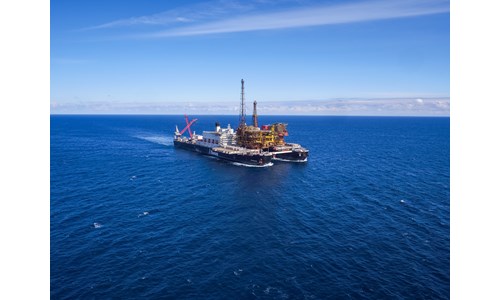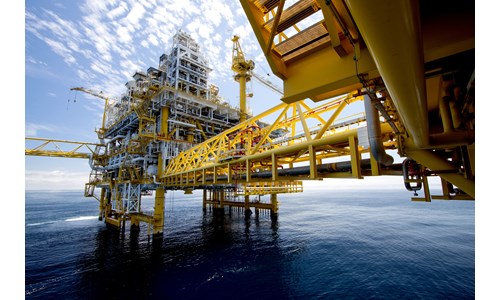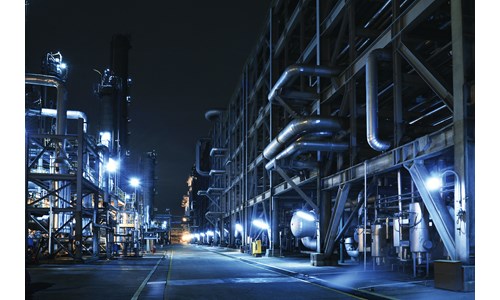What are the implications of NNPC’s plans to rehabilitate the Port Harcourt refinery?
*Please note that this report only includes an Excel data file if this is indicated in "What's included" below
Report summary
Table of contents
- What does the EPC contract stipulate?
- What will be the effect on Nigeria’s supply/demand balance?
- Could West and Central Africa absorb surplus Nigerian barrels?
- How would Nigeria’s status as a net exporter upset global balances and refining margins?
Tables and charts
This report includes the following images and tables:
- Table 1: Estimated product yield (% volume) and output at 90% utilisation after completion of all phases.
- Figure 1: Nigeria’s all supply balance with Dangote and Port Harcourt running
- Figure 2: West & Central Africa’s all supply balance with Dangote and Port Harcourt running
What's included
This report contains:






